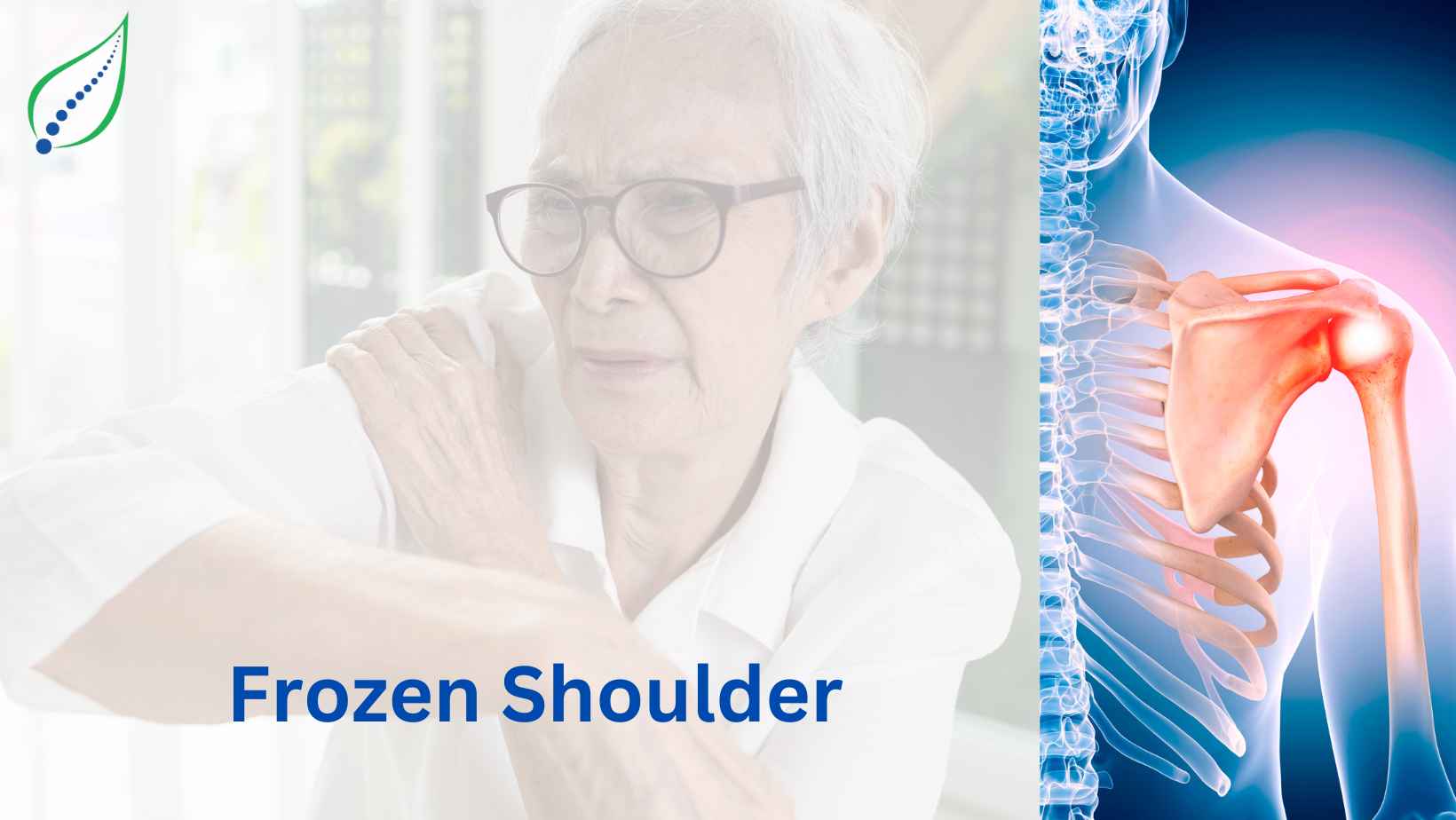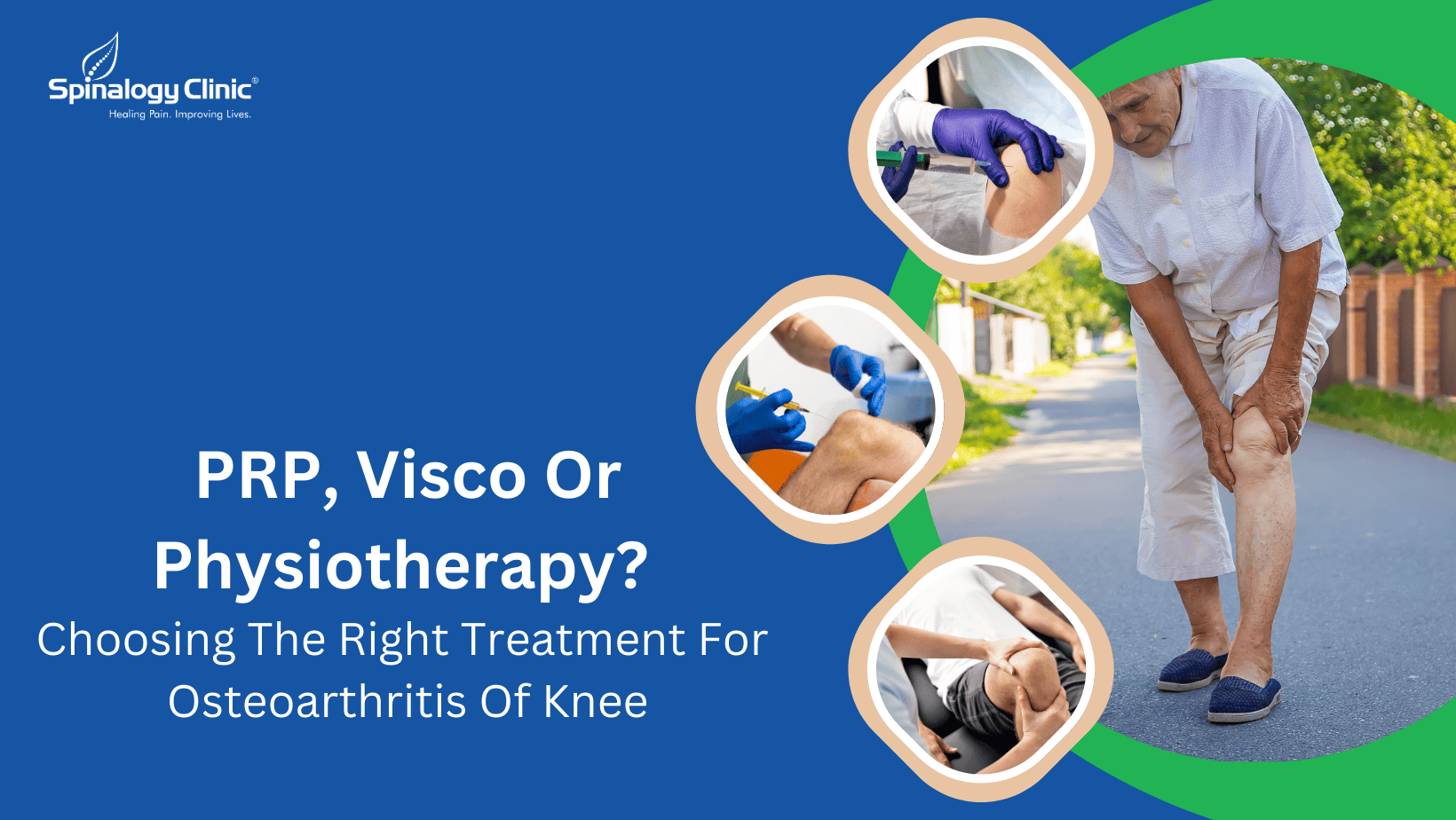Frozen Shoulder
Frozen shoulder is a condition of the shoulder joint in which the person experiences discomfort, pain, and stiffness in the shoulder area. The condition can be excruciatingly painful before completely fading away. This condition is also known as adhesive capsulitis as it is caused due to the abnormal thickening of the connective tissue, also known as the shoulder capsule. People who are recovering from injuries and cannot move their arms are at a higher risk of developing a frozen shoulder.
Symptoms
The frozen shoulder is a very painful condition and the symptoms are experienced in three stages:
1. The freezing Phase
Pain develops in the shoulder area and movement is also decreased. The range of motion can remain limited up to 8-9 months along with normal to severe pain.
2. The Frozen Phase
In this stage, the pain might gradually diminish, but the stiffness increases. The range of motion of the shoulder is decreased even more. This is the most difficult stage as your life can greatly be impacted due to your inability to move and work. It can last for about a year.
3. Thawing Phase
This is the recovery phase in which your shoulder begins to slowly relax. This can take up to 2 years and eventually you’d be able to move your shoulder.
Causes
This condition is more likely to affect older women and people who are recovering from some medical situation. Other than this, people with diabetes, thyroid dysfunction, and heart diseases have also shown to develop this syndrome.
Diagnosis
Your physician will check your medical history and conduct a physical exam. In the physical exam, your doctor will ask you to move your shoulder to check the active range of motion and then he’ll move your shoulder himself to check the passive range of motion. You might also be asked to do imaging tests such as X-rays to rule out the other conditions affecting the shoulder joints. All these activities help in determining the severity as well as ruling out other conditions such as arthritis.
Treatment
Medication: Your doctor might prescribe anti-inflammatory drugs to ease the pain. Your doctor can give you an intra-articular or sub-acromial steroid injection to relieve pain by decreasing inflammation in the painful area. It helps in pain-relief and is more effective than over-the-counter drugs. Sub acromial injection followed by manual therapy give best results.
MUGA (Manipulation under General Anesthesia): This can be done on OPD basis. This procedure involves gently moving shoulder in all directions when there is short general anesthesia given so that you don’t get any pain.
Physical Therapy: It is a very effective method for treating shoulder stiffness. Moreover, physical therapy doesn’t have any side-effects and stimulates the body’s innate capacity to heal, thereby ensuring long-lasting results.
Lifestyle Modifications: Lifestyle changes are also important to cure frozen shoulder such as quit smoking, controlling blood sugar levels, modifying overhead activities, modifying shelve arrangement, lifting weight etc.




